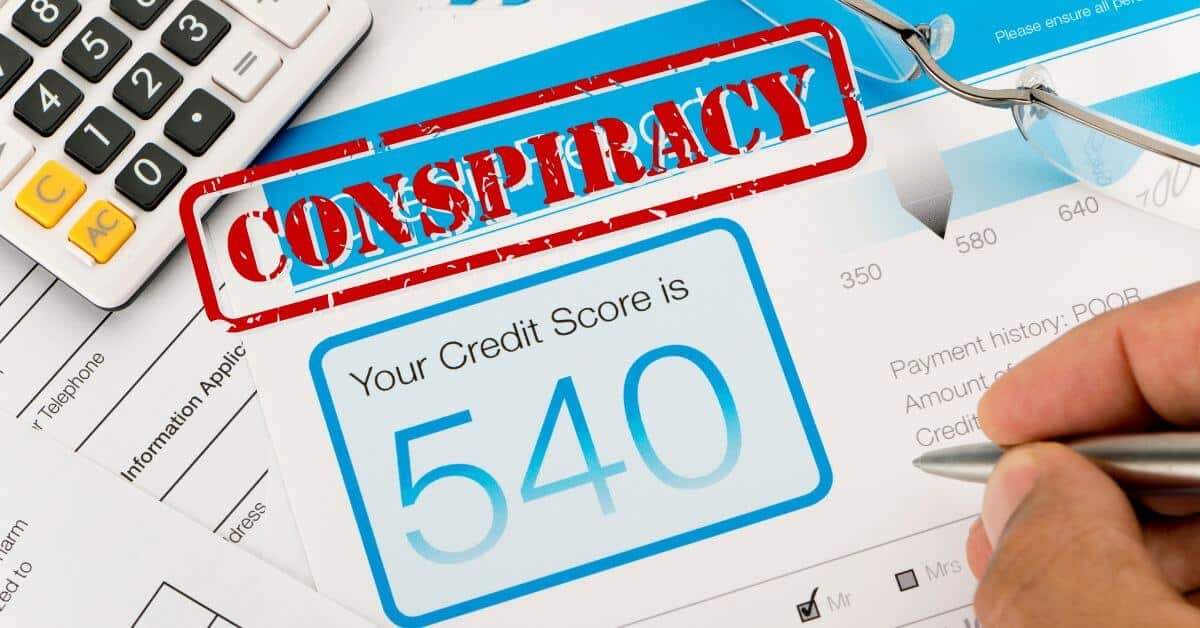When you’ve decided to get serious about raising your credit score, it’s critical that you educate yourself first. Will a paid collection increase credit score? Many consumers believe that paying off collections is the best way to raise your credit score. In reality, paying off collections will almost always HURT your credit scores. It sounds counterintuitive, so it’s important to understand why.
Today we will focus on exactly what happens to your credit when a collection is paid. Though it’s easy to assume that a paid collection will increase your credit score, there are insider secrets that collection companies don’t want you to know. We’ll unpack these today so you’ll be armed with the best information possible.
Reason 1: Paying off a collection updates your SOL
Every account you owe money on has a Statute of Limitations (SOL). This SOL determines how long by law a creditor can collect on that debt. The SOL varies based on the state you live in or the state in which you acquired the debt.
Your SOL will also vary based on the account type. Mortgages, judgments, and tax liens are a few accounts that have longer SOLs. Mortgages in many states have a SOL of 7 years where the bank can pursue you to collect on that debt.
Credit cards and other installment loans usually have shorter SOLs. Many states have a Statute of Limitations of 4 years on credit card and contract debt, but in Indiana, it’s 6 years. This means the collector can only collect for 6 years in Indiana beyond the Date of Last Activity (DLA).
If you’re dealing with older debts, you may be close to the SOL already. For example, let’s say you had a CHASE credit card that went into collections 5 years ago. If the SOL was 6 years, that would mean you can only be pursued for 1 more year on that account. The end is near!
However, let’s say you make a payment on that account. Your intentions are good, but the results aren’t. When a payment is made on that collection account, the Date of Last Activity is updated to that date. In turn, the SOL is reset as well, and the collector now has 6 MORE years to collect.
Reason 2: Paying off a collection does not change the account “status”
Credit accounts are coded based on their standing. If you have an account in good standing it reports as a “1” status. When late payments occur, that “1” status changes based on how late the account is being paid.
The first late payment changes the status to “2,” and as the account becomes further behind the numbers increase… until the account ends up in a collection as a “9” status. All collections report as a “9” status and this designation severely damages your credit scores.
Your credit scores are a mathematical model designed to depict your risk of going 90 days late on an account in the future. When you have collections and “9” status accounts, your risk is high; so your scores are low.
However, when you pay off a collection, the account still remains a “9” status! It still appears as a defaulted account, and you still appear to be at a high risk for default. Because the account retains its “9” status, your risk looks high; so your scores stay low.
Reason 3: Paying off a collection will update your “Date Reported”
Besides the Statute of Limitations, every account on your credit report has a limit on how long it can appear on that report. Most negative accounts remain on your report for 7 years, but tax liens, bankruptcies, and other government accounts can remain on the credit for 10 years. Some IRS type debts can remain on the report indefinitely, but most debts do have an expiration date.
The “Date Reported” limit starts from the date you went late, NOT your date of last payment like the Statute of Limitations. After the limit from the Date Reported is reached, the account will disappear from your credit report.
For example, let’s say you have a Capital One credit card that you started going late on 4 years ago. This account is due to drop off in 7 years after the Date Reported. Since it is 4 years old already, it will drop off your credit report in 3 more years.
Here’s the catch. If you make a payment on this card, the collector updates your Date Reported; the new date is when you made your new payment. That means that the account will now report on your credit much LONGER than it should. It was due to drop off in 3 years, but now that clock is reset, and it will remain for another 7 years.
What if you’re ready to pay off the entire amount? Many creditors will STILL update the Date Reported when a collection is paid off, even though they are legally not supposed to! Your balance will be reported as $0, but having a $0 balance does not outweigh having the Date of Last Activity updated. The credit bureaus still see it as a recent collection with a “9” collection status.
Any time you acknowledge an old debt, it can be “re-aged”
No matter how good your intentions may be, making a payment on old debt is seen as an acknowledgment of that debt, and as we’ve seen, resets your clock on SOL and Date Reported. These practices are referred to as “re-aging” the debt.
Acknowledging an old debt may also extend the time limit on potential debt collection lawsuits. Consumer advocates now advise debtors not to acknowledge old debts (or debts they don’t recognize as their own) to avoid all this.
“Any new activity on it could re-age it and make it more collectible,” says Lauren Saunders, managing attorney for the National Consumer Law Center, a consumer rights group. “You’re better off ignoring a call about an ancient debt. It’s best to send them a letter saying I don’t recognize this or please verify it.”
Is there any way to pay off an old debt that benefits the consumer?
The only way to improve credit is to DELETE the negative item. When the item is deleted, all the history is wiped out and the “9” status collection is gone for good.
If you do want to pay off a collection, make sure you obtain a Pay to Delete letter to have the item removed completely. Otherwise, dispute and delete your negative items.
The collection companies and credit bureaus are already notorious for ignoring disputes and giving consumers the runaround. The system is already heavily slanted in favor of the bureaus and the banks and debt collectors. For more information about fixing your credit please visit us at creditexperts.io or call today for your CONSULTATION at 317.202.1297.







